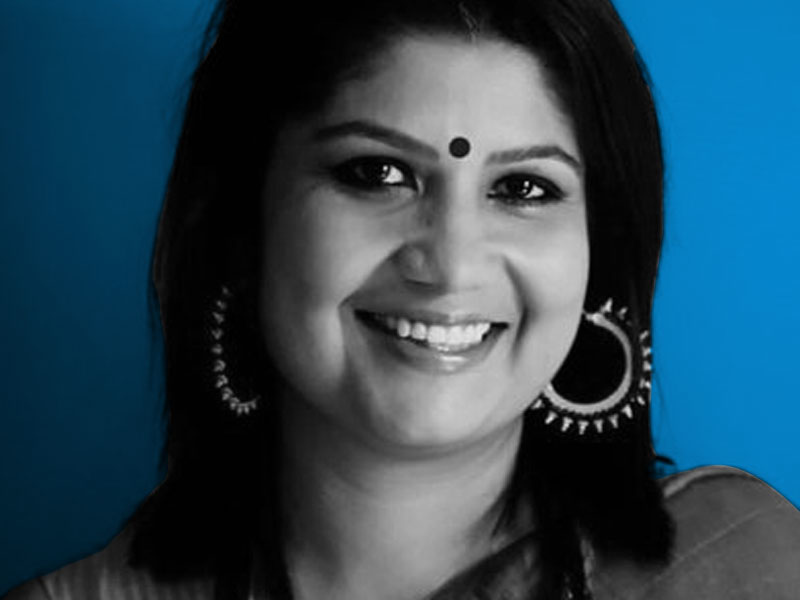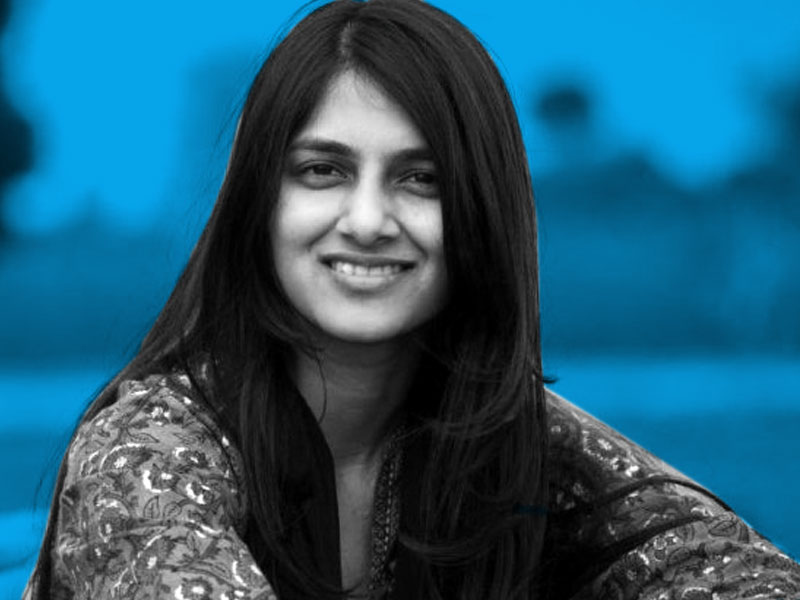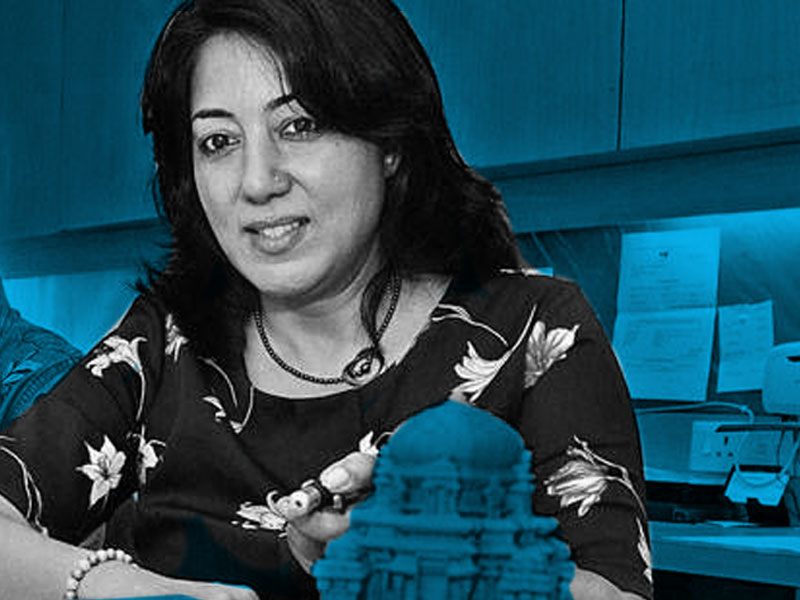6 Women makers doing India proud
Sulaksha Shetty realized that there was a need to address the rising demand for home-cooked, healthy meals in metropolitan cities across the country. She decided to cater to this need by ensuring inclusive growth at the core of her business. Tiffins & Thots builds up small teams of lesser privileged women and empowers them to cater to 20-25 customers through a hub-and-spoke model. This model enables localised distribution and has the benefits of a single-brand platform, including standardized training, logistics support and a centralized approach.1
Sources: 1

Realizing the need to empower the visually impaired, Upasana Makati came up with the idea to start White Print. Launched in 2013, it is India's first lifestyle magazine for the visually impaired in Braille English. Since then, it has been working to create more learning aids and resources for the community. The 64-page monthly publication in Braille has columns on culture, art, technology, food, music and politics and reader contributions. Her efforts are powered by corporate and government support. This way she aims to create a more inclusive environment in the social and civic lives of the visually challenged in India.1
Sources: 1

A ‘Made-in-India, Made-for-India’ solution, BabyChakra leverages technology to create a personalized companion for young Indian parents in a meaningful way. BabyChakra is creating a ‘one-stop-shop’ destination that will connect parents, service providers, brands, experts, and others in the maternity-child care community.1 The online market place has tied up with 1500 Indian and international brands across categories, from baby food to apparel.2

Neha Satak wants to shake up the availability of internet in India and across the developing world - in homes and businesses, in rural and urban areas alike. Satak set up Astrome Tech, which she says, “plans to provide broadband internet service using a constellation of satellites in low earth orbit with our patented MM wave technology by 2020”.1 Astrome is currently focusing on building its high-speed internet technology, after which it will begin launching a series of 200 Low Earth Orbit (LEO) satellites. This will provide location-independent high-speed internet connection across densely populated areas Africa, South America, Middle East, South Asia, and Southeast Asia.2

Saumya, co-founder of Kheyti, is recognized as 30 Under 30 – Social Entrepreneurs 2019 list of the Forbes magazine.1 Khyeti is a social enterprise on a mission to provide certainty of income to small land-holding farmers, founded in 2015. ‘Greenhouse-in- a-Box’ is an affordable modular greenhouse integrated with other services. Designed for small scale farmers, it fits in 2% of their land, protects crops from environmental risks, and grows seven times more productive using 90% less water. Kheyti aims to serve 1 mn farmers by 2025. It has received fellowships from the Mulago Foundation, Acumen and Kellogg and has market linkages with firms like BigBasket.1,2

Vizara Technologies, founded by Anupama Malik, is a blast from the past. This start-up aims to preserve India’s rich heritage via immersive, interactive and intelligent experiences around historical sites. It harnesses state-of-art technology like virtual reality, augmented reality, artificial intelligence, and 3D printing. Her overarching aim is to make these heritage sites accessible to people in the digital space.1
Sources: 1
